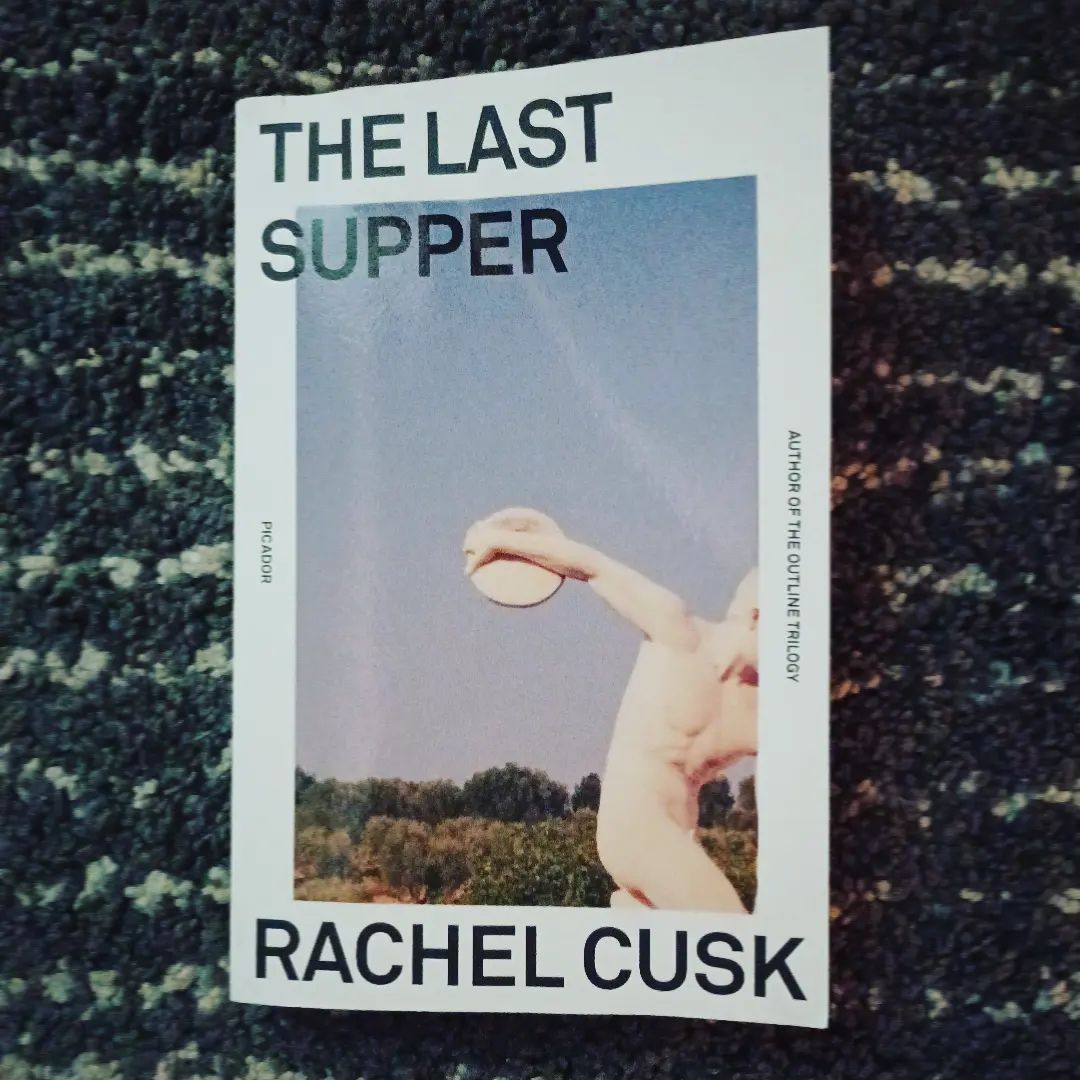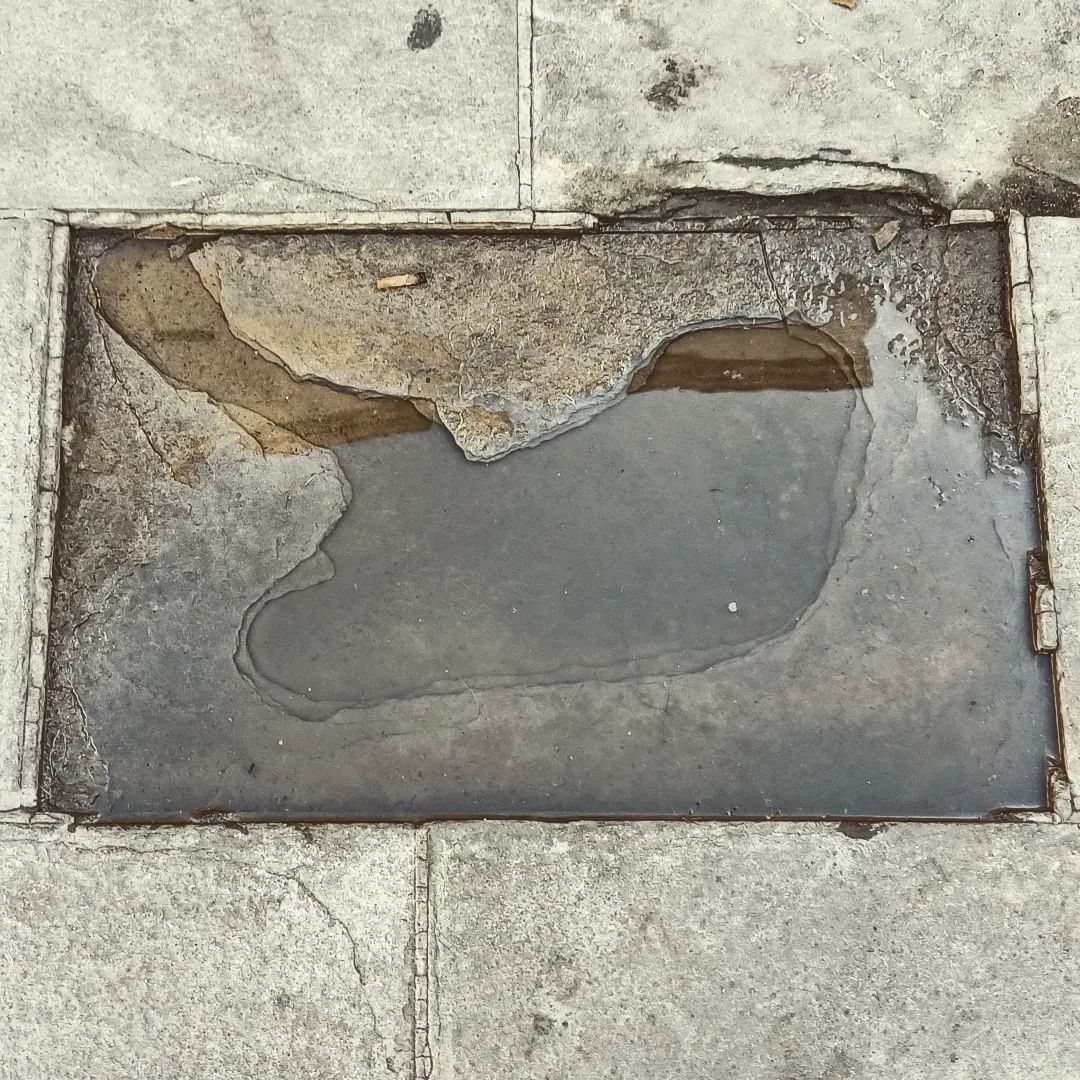
Macbeth is well down in my lineup. As I am trying to read and watch the Shakespeare oeuvre in chronological order, and Macbeth in every way qualifies as a Later Play, it was original scheduled for my perusal in September. But this week had been planned for King Henry VI, Part 3.
I’m not going to lie, I am kind of over the histories right now. They’re a lot of blood and battlefield, with less of the psychological intrigue that comes to mark Shakespeare’s later writing. Of course there is character development, but I am coming to see now why the Henriad and Richard III are not often taught to teenagers, even to Advanced Placement students. It’s a slog. Yes, there is interesting content in each three-hour production, and characters like bookish kings and ambitious dukes and bellicose queens are compelling, but one must patiently follow the spinning webs of intrigue through each act and scene. Maybe the War of the Roses was very much still on people’s minds in London in the late 16th century. Who can say? I wasn’t there. But those basic facts and their framework feel much less accessible to me. Shakespeare truly shines, I feel, when he takes a turn for the Jungian, when sovereigns become Everyking and Everyqueen, when countries become Anywhere and human ambition is laid bare.
So when Jason suggested we watch the Joel Coen production (sans Ethan) of Macbeth, sure, why not, I said. Get me out of a tangle of battles and angry exchanges in the English court. Talk to me of human nature and human folly, of supernatural portents and overweening ambition, of a couple that spits their conflict behind closed doors. I thought I knew Macbeth, having read or seen it a number of times, but as with every classic for page and stage, the literary bones always lie in wait, waiting to be reclothed in flesh with new actors and new art.
Denzel Washington in a gold crown and Frances McDormand with dangling dagger earrings lead. The casting is superb. The entire production has a dreamlike, Jungian feel, like maybe the art direction was handled by Giorgio De Chirico. Shadows portend character flaws and downfalls. Light casts a glass but only half-illuminates. Sets and costumes are spare. Macbeth seems to be wearing a giant oven mitt. The focus is on the quality of language and the poetry in the lines. The relationships, pared down, are easier to track. (Although we both forgot who Macduff was and were searching for him halfway through the movie – oops.)
So I thought I remembered the plot of Macbeth, but in reality I maintained but a crisp recollection of the protagonist’s two star monologues (“Is this a dagger I see before me?” and “Out, out, brief candle”), together with the weird sisters, who are as dreamlike a trio as any nightmare can conjure, and Lady Macbeth’s sleepwalking and OCD handwashing (Out, out, damn spot”). Macbeth’s murder of Duncan, the flight of Duncan’s sons to England, and the massacre of Macduff’s family were like new plot twists. I did not remember the weird sisters’ prophesy of Birnam Wood coming to Dunsinane, and how the soldiers fulfilled it with cut-branch camoflauge. The revisit was well merited.
Macbeth is like a soup of famous lines and ultra-arcane English vocabulary. By the pricking of my thumbs / something wicked this way comes. Screw your courage to the sticking place. She should have died hereafter. Every fifth line rang familiar.
Macbeth wanted to be king, but he didn’t like that he’d have to get blood on his own hands for it. In the end, his wife’s goading makes her an active accessory to the murders – even the secondary murders that Macbeth, mafia-style, refuses to disclose to her, as his contract hit men are on the road to dispatch Banquo and his son Fleance (how did I ever forget this magnificent name). Ambition kills them both, and Macbeth, in the end, has spilled his own blood and his wife’s blood for naught. His sworn enemies sit on the throne. It is as though his brief, disturbed interregnum never happened.
Lady Macbeth, a thwarted leader perhaps and a woman of her era, showing us in the audience how ambition can be overfed and twisted, seeking its proxy where it must, a diabolical hand in a compliant glove. In my mind, I can hear Lady Macbeth say, Husband, I only want what is best for you, but I believe now that were he single Macbeth would have never stabbed Duncan to death.
The play made for an interesting juxtaposition against the events of the past week, with Covid burning in our home and the Russian aggression dropping bombs beyond our borders. I found myself picturing Putin cast as Macbeth. But Macbeth vacillates more than Putin, whose resolve more resembles the single-minded Lady Macbeth, who becomes irate whenever her husband sinks into self-doubt. Vladimir Putin, now starring on the global stage as Lady Macbeth, with Russia as the reluctant laird who remains only partially convinced that the ends justify the means, until self-doubt increases to such degree that it looks and sounds like a madman.
It has been erroneously claimed that Hamlet and Macbeth were never performed on stage in Will’s lifetime, coming late in his life, and “discovered” only after his death. These have to be two of his most often-produced works now. It gives me hope as a creative person and a writer – perhaps my masterpieces will be discovered too after I cast off this mortal coil.








